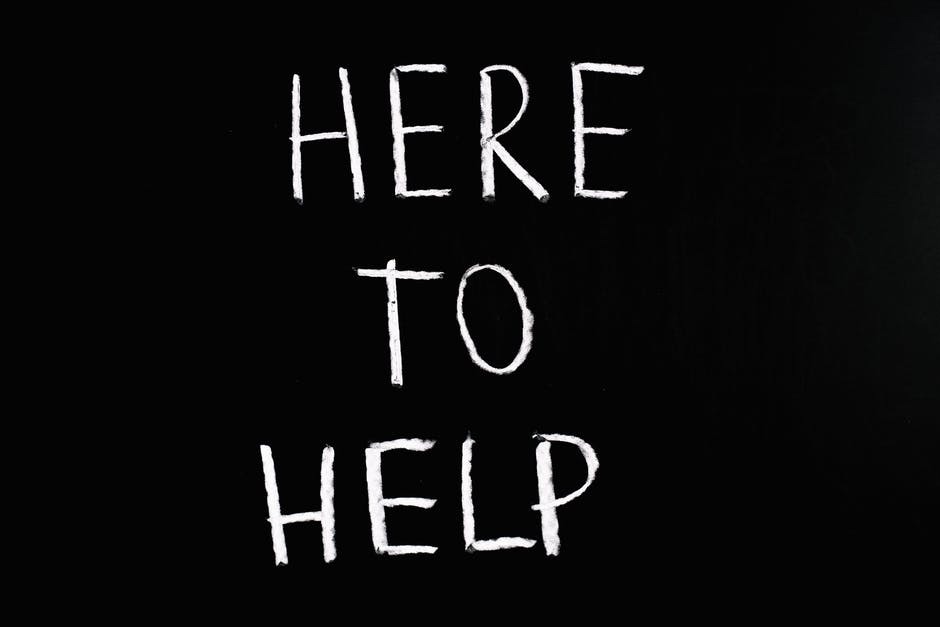
Depression is the most common co-occurring disorder in people who have experienced trauma. Further, people who have experienced trauma are 3-5 times more likely to suffer from depression. Depression can be caused indirectly or directly by trauma, but it also can be attributed to other factors.
Depression is also more than 75 percent likely to occur in people who experienced childhood trauma, although not everyone who experiences a traumatic event will develop depression or post-traumatic stress disorder.
Depression and Trauma
Trauma can affect mental and physical health and lead to depression. Additional signs and symptoms that can perpetuate symptoms of trauma and depression include:
- Anxiety
- Stress
- Using substances to cope
Other Factors That Contribute to Depression:
- Genetics
- Family history of mental illness
- Poor Income
- Lack of formal education
- Environment
- Medical conditions
Depression and PTSD
Traumatic events are the single biggest cause of anxiety and depression, leading to PTSD. They also profoundly affect your physical health, mental health, and daily life.
Depression and PTSD share the following symptoms:
- Difficulty concentrating
- Insomnia
- Loss of pleasure in activities that a person used to enjoy
- Irritability
Trauma and Childhood
Trauma, especially during childhood, increases the risk of serious physical and mental health problems.
Examples include:
- Experience or observe physical, sexual, or emotional abuse
- Childhood neglect
- A family member who suffers from mental health or substance abuse disorders
- Witness or experience violence
- Poverty
- Abandonment
Finding The Right Treatment
When trauma is the root problem, it must be addressed first for someone to manage substance use and symptoms of depression successfully. Having both conditions, depression, and trauma, may complicate treatment but treatment is available and effective.
Trauma-based therapy improves the symptoms of depression because the cause of the trauma is addressed, which improves the patient’s outlook. Such therapies could include:
- Cognitive-behavioral therapy (CBT)
- Dialectical behavioral therapy (DBT)
- Mindfulness meditation practices
Trauma-based therapy will help individuals confront their fears and put their life back together using healthy methods. This is because they will develop coping skills that allow them to manage their symptoms related to trauma.
When your depression stems from past trauma, it is essential to address the root of your trauma in a safe environment. Untreated, depression and post-traumatic stress can continue to worsen without treatment. At the Guest House, we provide treatment that will help you develop healthy ways to cope with the trauma so that you can lead a full and healthy life. With us, you will learn to set goals and take steps to manage depression and cope with trauma. To get started with trauma-based treatment, call us today at (855) 483-7800.